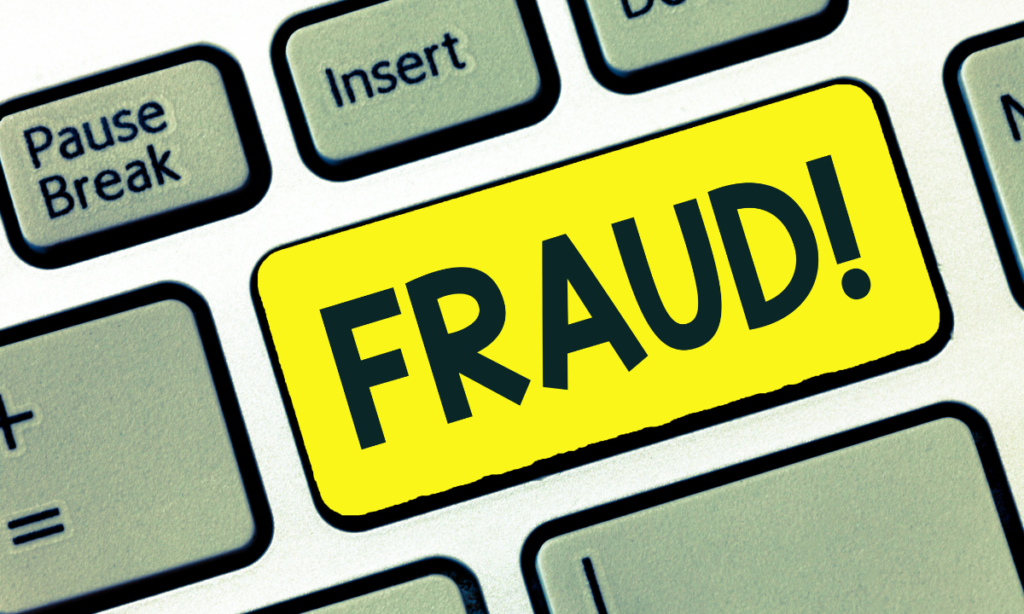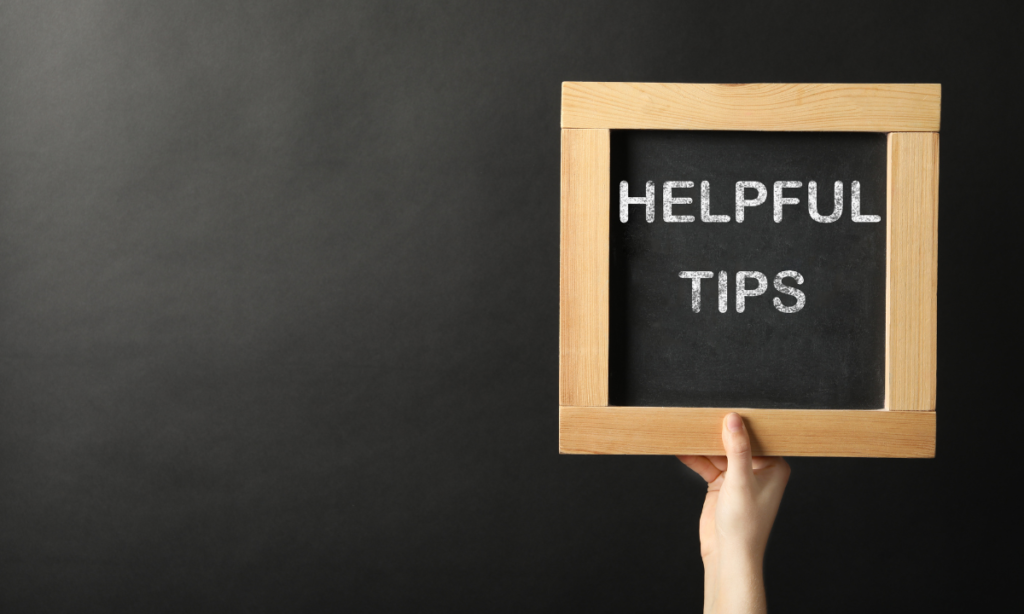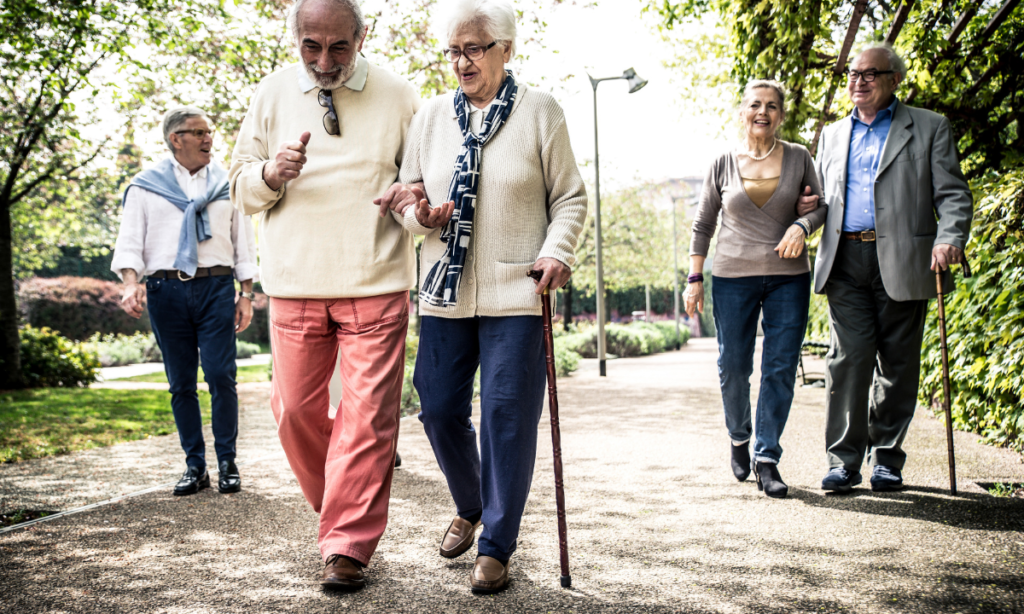The benefits of aging include wisdom, deep friendships, and well-earned rest. The elderly (older generation) are especially at risk, but taking precautions helps ensure they feel secure, comfortable, and safe. This article examines critical facets of older adult safety, including enhancing home security, reducing the risk of falls, and protecting digital information. You can live freely and safely with these helpful ideas, whether you want to safeguard yourself, a friend, or a loved one.
Preventing falls and injuries at home.

Fall prevention is crucial for older adults to maintain their independence and health. Although falls are a leading cause of injury, homes can be made safer by implementing preventive measures. This section provides practical tips on how to make their living spaces safer and prevent mishaps so that senior citizens can live in peace.
• Remove loose carpets, trailing wires, and trash from walkways and floors.
• Tile floors and bathrooms should have non-slip mats.
• Install nightlights in the bedrooms, bathrooms, and corridors to provide adequate lighting.
• Put grab bars next to showers and toilets to improve balance.
• Make use of a shower seat, preferably a waterproof one.
• Make use of elevated toilet seats, which lessen strain on the knees and back.
• Install sturdy railings on both stair sides.
• Mark the edges of stairs with colored tape or visual signals.
• For multi-story homes, use a stair lift.

Cybersecurity
Cybersecurity is essential for safeguarding private data and stopping fraud.
• Use unique, difficult passwords for all of your accounts. Passwords can be safely stored and remembered with password managers.
• Recognize dubious emails and disregard unsolicited calls. Restrict the amount of personal information you share online.
• Make use of reliable websites, particularly those that have “HTTPS” in the URL.
• Con artists utilize alluring offers to trick victims and take note of them.

Emergency Readiness: Crucial for Unexpected Circumstances
- Maintain a list of contacts for emergencies, such as friends, family, and medical professionals.
- Choose a secure meeting place and share your location with family members.
- Assemble a simple emergency kit that includes food, water, flashlights, batteries, and a phone charger when traveling.
- Maintain a kit containing bandages, prescription drugs, and other essentials.
- Take into account a backup power source.
- To receive critical updates, sign up for local emergency notifications.

Drugs and Medical Equipment Safely
• Medication intake can be tracked with weekly or monthly pill organizers.
• List all of your current prescriptions, along with their dosages and due dates.
• Avoid areas with excessive humidity and store in cold, dry locations for medical storage.
• Safely dispose of expired drugs.
• For assistance during emergencies or falls, wear medical alert bracelets or pendants.
• For emergency calls or medicine reminders, use voice-activated assistance.

Additional Tips
- Use deadbolt locks.
- Before opening, install a peephole for visibility.
- When windows are not in use, especially at night or right before you leave, lock them.
- Install a dependable home security system with features like video surveillance, emergency buttons, and round-the-clock response.
- To discourage possible intruders, use motion-sensor lights.
- To discourage possible intruders, put up security signs and stickers.
- Get to know your neighbors and exchange contact details.
Conclusion
As we age, taking safety measures is crucial to preventing accidents, security breaches, and health issues, as well as to establishing a secure environment that fosters peace and trust.









